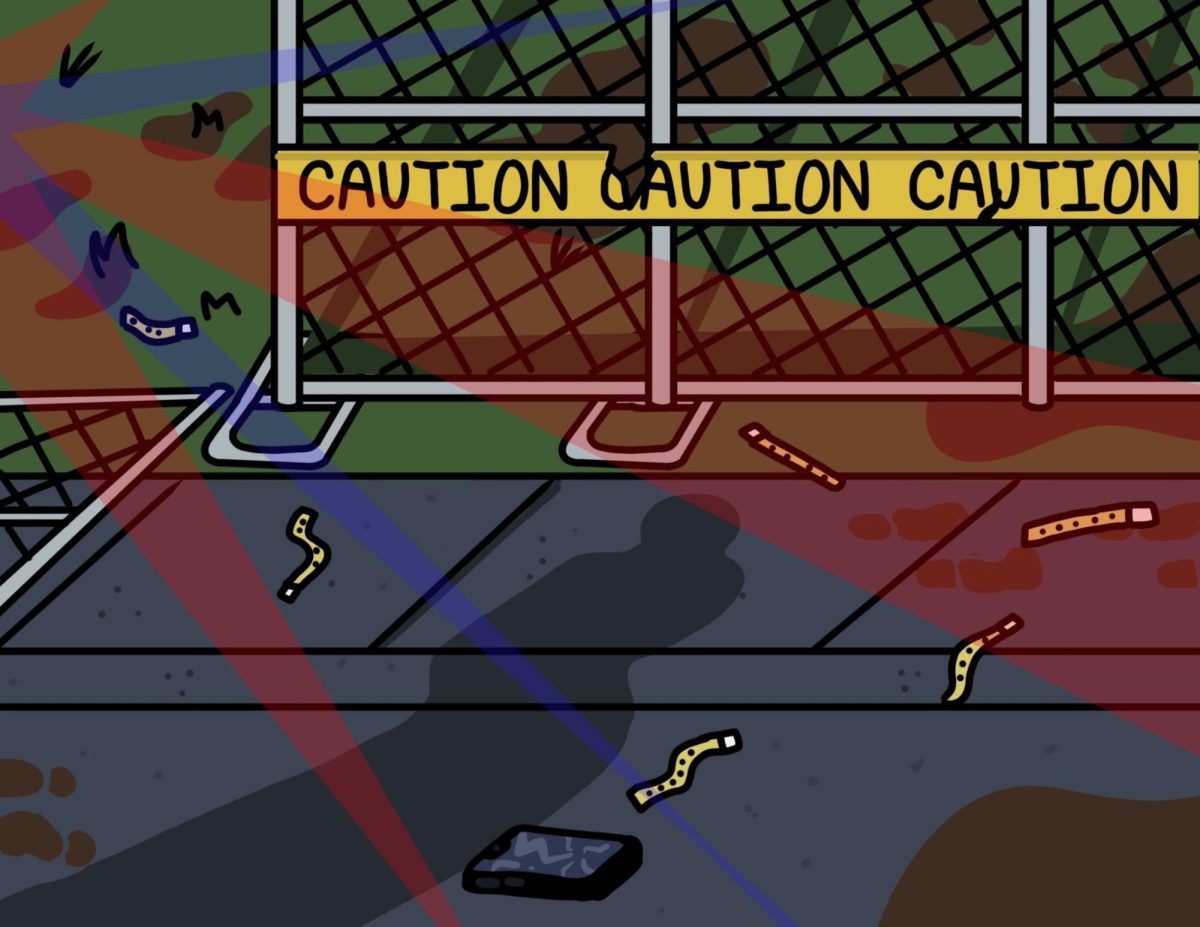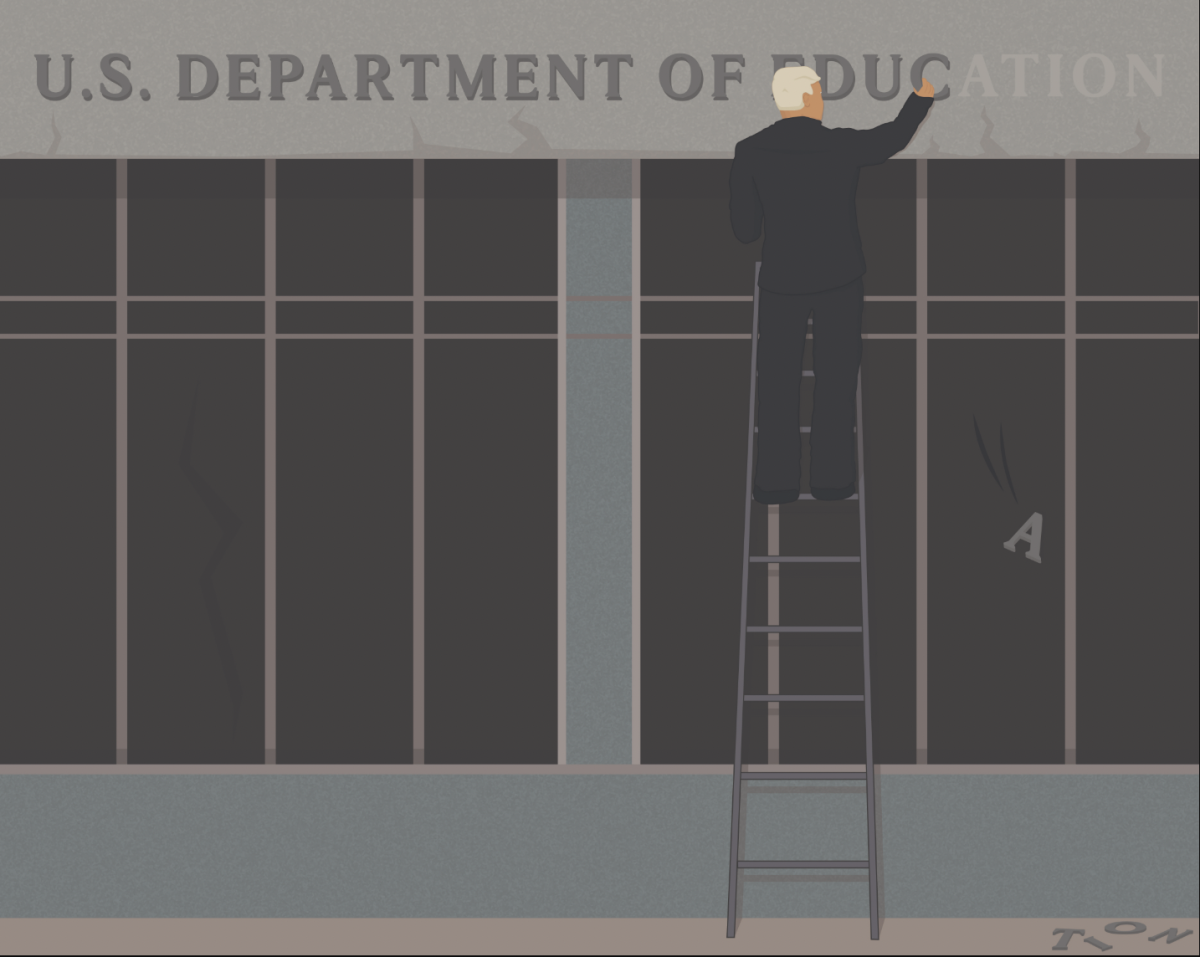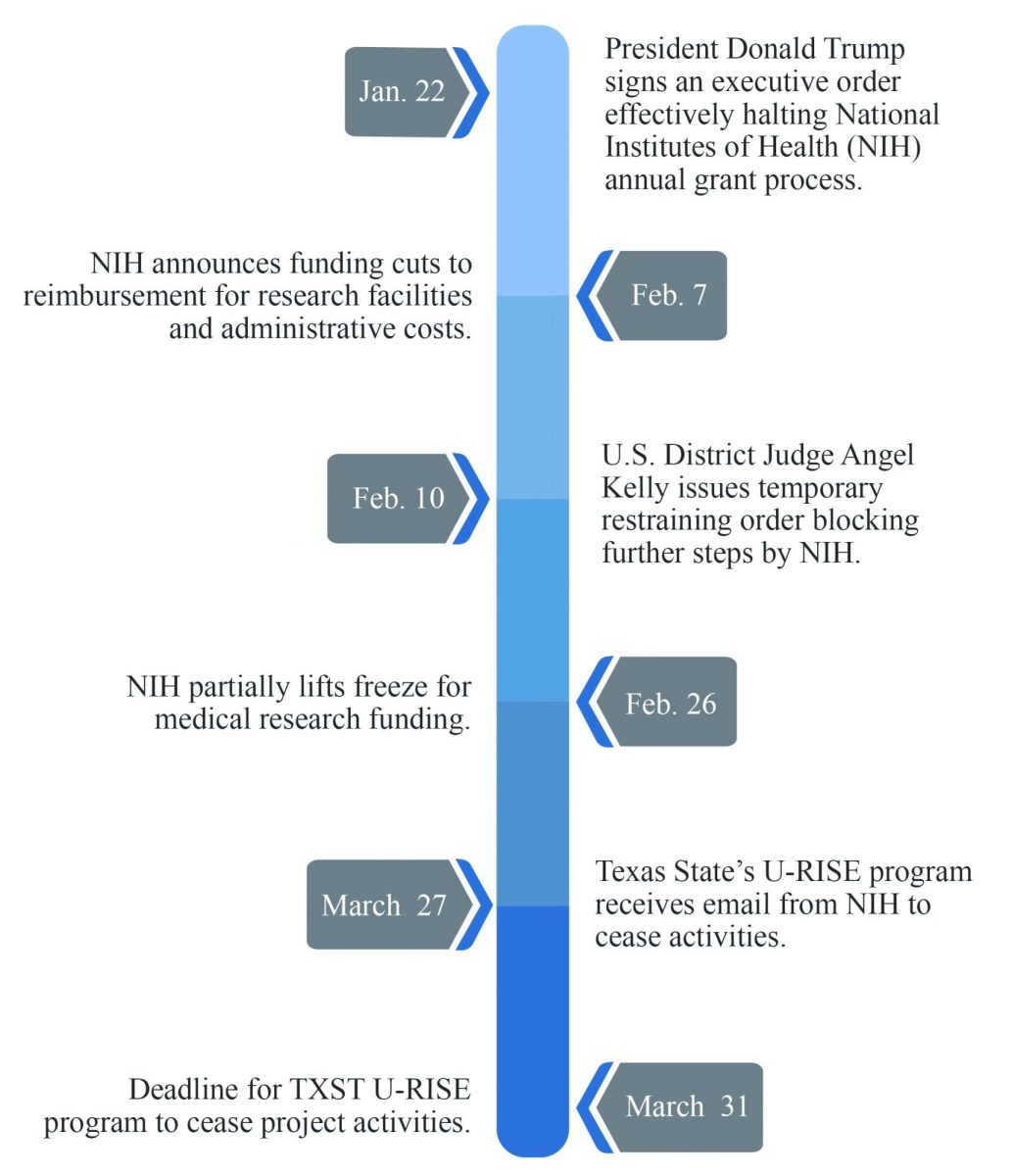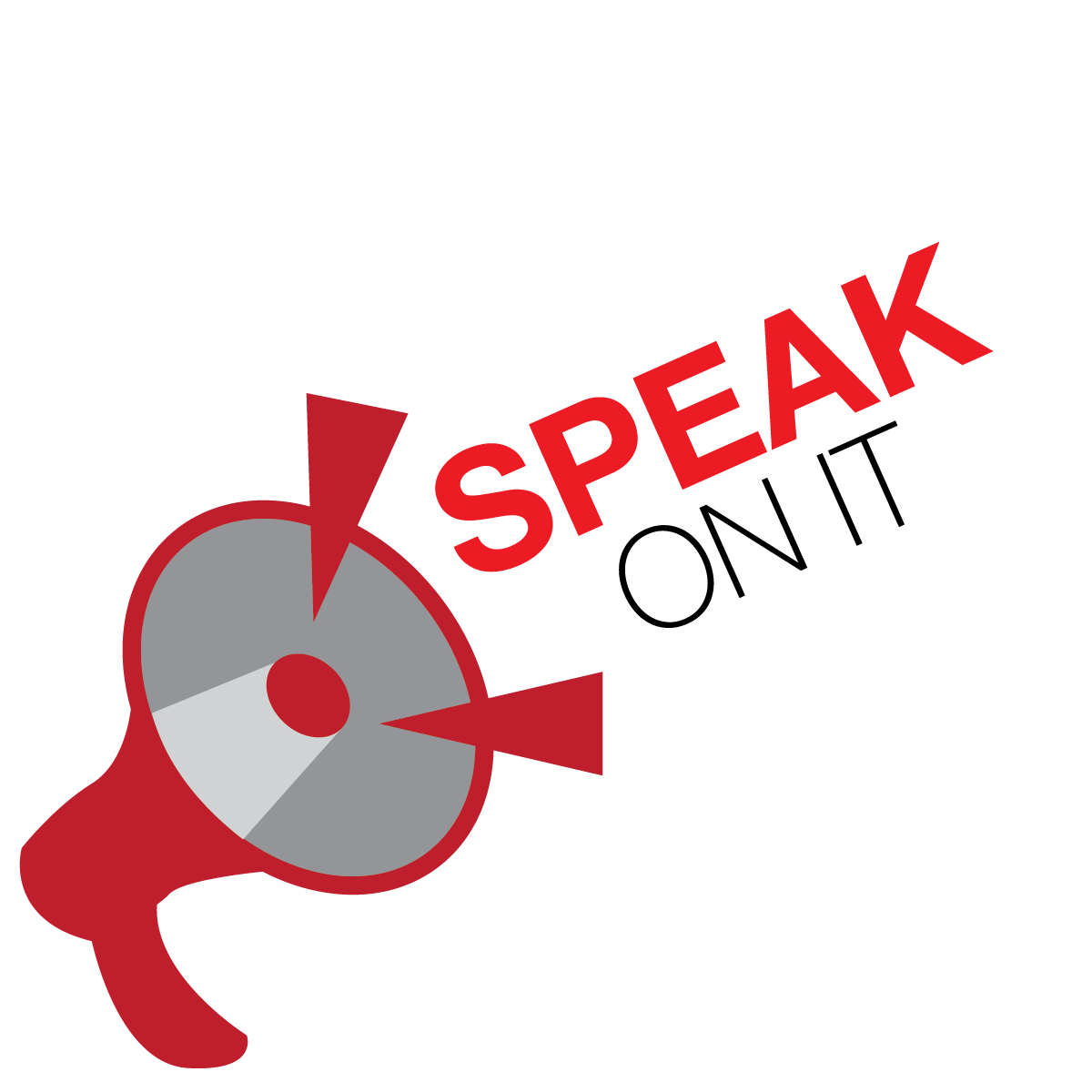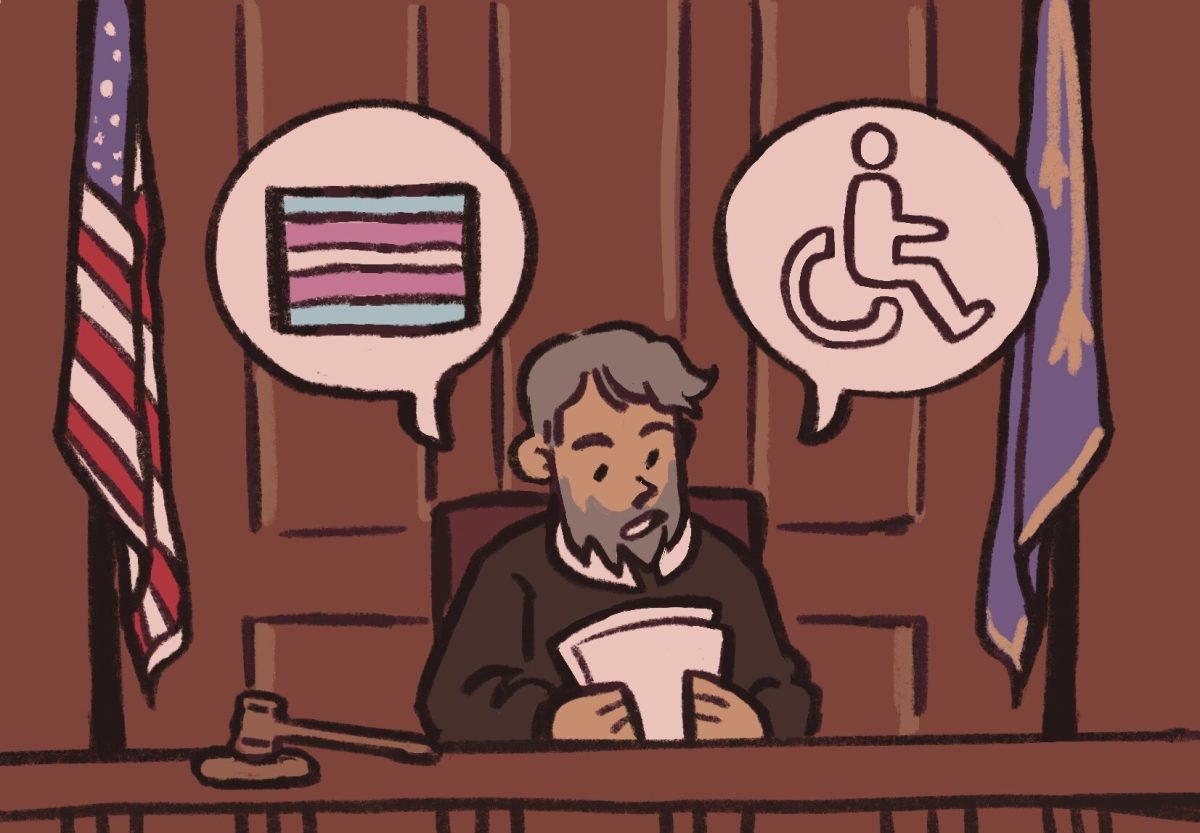Since the COVID-19 pandemic, students and teachers have become more reliant on personal devices. However, with access to technology 24/7, it’s reasonable to question if online learning leads to information going through one ear and out the other.
According to the University of Florida’s Institute of Higher Education, 52% of Americans believe online programs are equally as valuable as their on-campus counterparts. However, “students enrolled in online courses complete degrees at a lower rate.”
Although online degree programs make education more accessible, the benefits to in-person learning far outweigh online learning. Online degree programs often don’t allow students to properly learn material so they enter the workforce unprepared. In addition, learning online makes networking and social connections nearly impossible.
Universities around the country have different opinions regarding online learning. Some encourage online programs, while others, like the University of California, outlaw it. Texas State seems to think online programs are beneficial, as “18 new workforce-relevant programs” will be available in 2025.
Online learning makes cheating extremely easy, meaning many students are not actually learning. According to a survey from The Hechinger Report, 93% of instructors believe students are more likely to cheat online rather than in person. After graduating, students are not prepared to use their degrees in their careers and often have less success than students who graduate with a traditional degree.
According to Barbara Knowlton, a psychology professor at the University of California, Los Angeles, online degree programs are considered “second-class” to employers looking to hire college graduates.
Furthermore, college students need to excel in their courses to find a good job or keep their academic scholarships.
Rebecca Burch, a health science freshman, said from her experience, online courses don’t provide the same well rounded experience that in-person courses do. She also said having her assignments online lead to her not learning anything.
“Having a professor explain it face-to-face makes it easier to comprehend the information and ask questions,” Burch said. “You’re able to interact with classmates in person and you can’t have the study groups or beneficial social interactions online.”
Finally, one of the most beneficial takeaways from attending in-person classes is the connections one makes. Taking classes with students pursuing the same degree offers opportunities such as lifelong friendships and career connections.
Online programs make it difficult to create. strong and lasting relationships. As seen during quarantine, being restricted online makes personal connections harder to find and sustain, which can take a toll on mental health. According to the Clearfork Academy, online courses can lead to isolation which “can impact [students’] mental health and lead to problems such as depression or anxiety.”
While online courses can help people who are not able to attend in person classes, in-person classes are imperative to success. As technology grows and evolves, it’s important to remember how important human connection is.
– Olivia Corbin is a mass communications freshman
The University Star welcomes Letters to the Editor from its readers. All submissions are reviewed and considered by the Editor in Chief and Opinions Editor for publication. Not all letters are guaranteed for publication.





